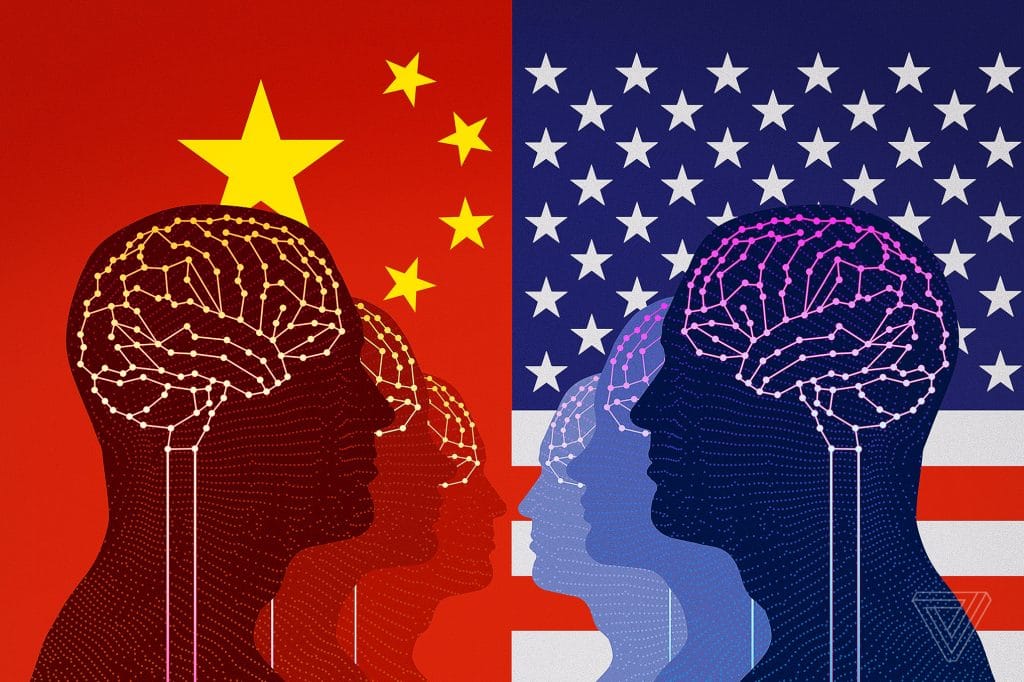The Hill//China May Have More Engineers, but It Still Lacks a Culture of Innovation
by Derek Levine
China announced last month a $100 billion push into artificial intelligence, intensifying what is already a fierce race for global tech dominance.
Policymakers in Washington are watching with concern, and rightly so. China graduates more than 1.38 million engineers each year, about seven times more than does the U.S. The numbers sound alarming and suggest we’re falling behind.

But that’s not the full story. While engineering degrees are critical, they don’t guarantee technological leadership. What really drives innovation is not how many people you train, but how you train them. And here, China faces a deeper, cultural problem that raw output can’t solve.
The Chinese education system is highly structured and built for scale. But it’s also rigid, top-down and deeply rooted in deference to authority. In most classrooms, memorization takes precedence over questioning and the teacher’s word is rarely challenged. Correcting a professor’s mistake could cause them to “lose face,” a cultural breach that most students won’t risk.
This environment produces excellent test-takers but not risk-takers. It produces technical workers who are strong on facts but weak on critical thinking. They can follow a formula, but they struggle to break new ground.
This is a key reason China, despite its massive engineering workforce, has yet to deliver the kind of world-changing breakthroughs we’ve seen from the U.S., from the microprocessor to the iPhone to mRNA vaccines. These innovations didn’t come from rote learning. They came from interdisciplinary research, unorthodox thinking and cultures that reward questioning everything.
Even when it comes to research output, China’s surge in published papers masks a more complex reality. While China now leads the world in scientific publishing volume, scholars like Ming Xia have pointed out that much of this work lacks the originality, rigor and theoretical depth typical of Western scholarship.
Plagiarism and fabrication remain persistent problems, even at top institutions. At Tsinghua University, one professor felt compelled to reassure students that if they wrote something publishable, he wouldn’t steal it and submit it under his own name.
The root issue is systemic. Many Chinese academics were trained in the same system they now uphold, one that prizes metrics and obedience over ideas and inquiry. As a result, scholarship often becomes descriptive, not theoretical. It explains what exists but rarely asks why it matters or how to build something new from it.
Contrast that with American higher education. Our universities aren’t perfect — they can be chaotic, expensive and uneven, but they’re designed to cultivate thinkers, not just technicians. Students are encouraged to disagree with their professors, to explore across disciplines and to challenge the conventional wisdom.
The freedom to question isn’t a side effect of our system. It’s the whole point.
Yes, China has closed gaps in recent years by acquiring Western technology through joint ventures, forced transfers and even cyber espionage. But copying isn’t creating. Without a culture that fosters original thought, China may scale existing tech but it won’t lead the next wave of innovation.
That doesn’t mean the U.S. can relax. We need to double down on what works, investing in universities, supporting fundamental research and attracting the best minds from around the world. At the same time, we must protect critical technologies and intellectual property from exploitation.
Still, we should remember what gives America an edge: a culture that values curiosity, dissent and the freedom to think differently. That’s the foundation of every breakthrough we’ve ever made.
In the long run, engineering dominance isn’t just about how many degrees a country prints. It’s about whether those engineers are trained to challenge the status quo and imagine something better.
If the U.S. keeps leaning into its strengths of diversity, openness and academic freedom, we won’t just keep pace with China. We will continue to lead.
###


